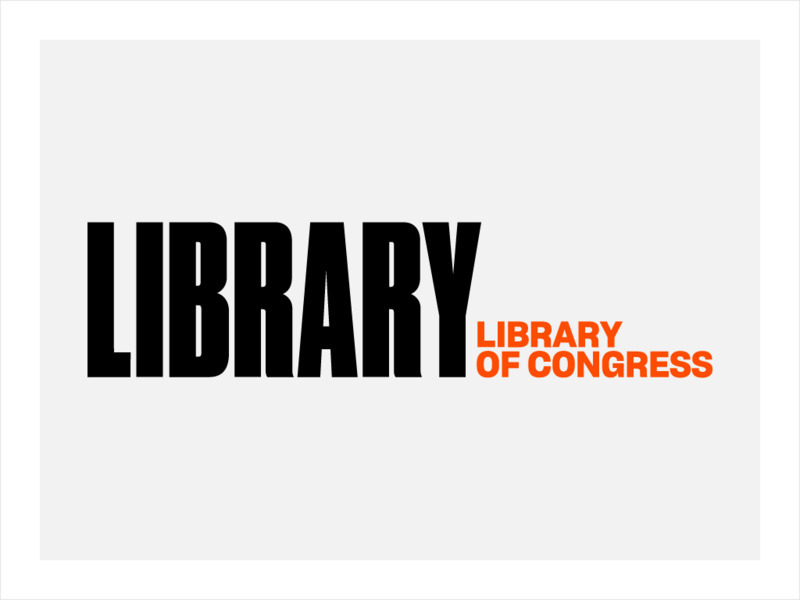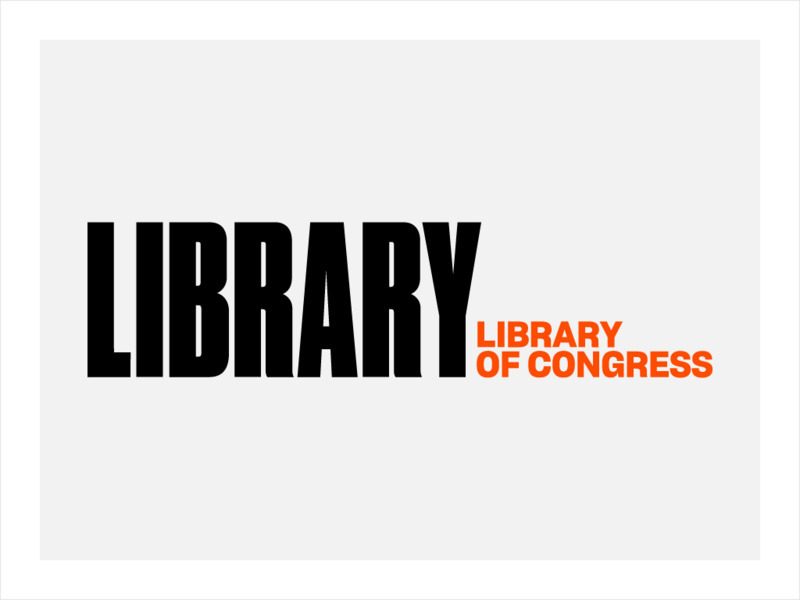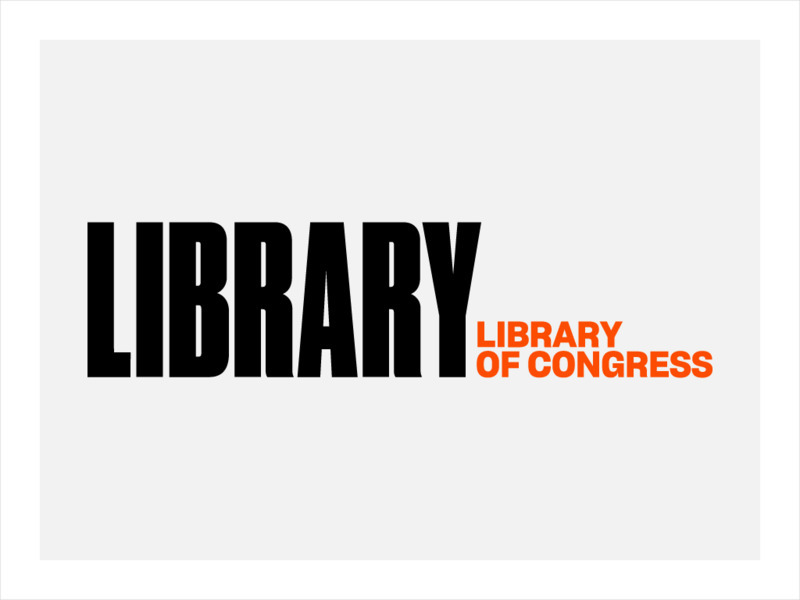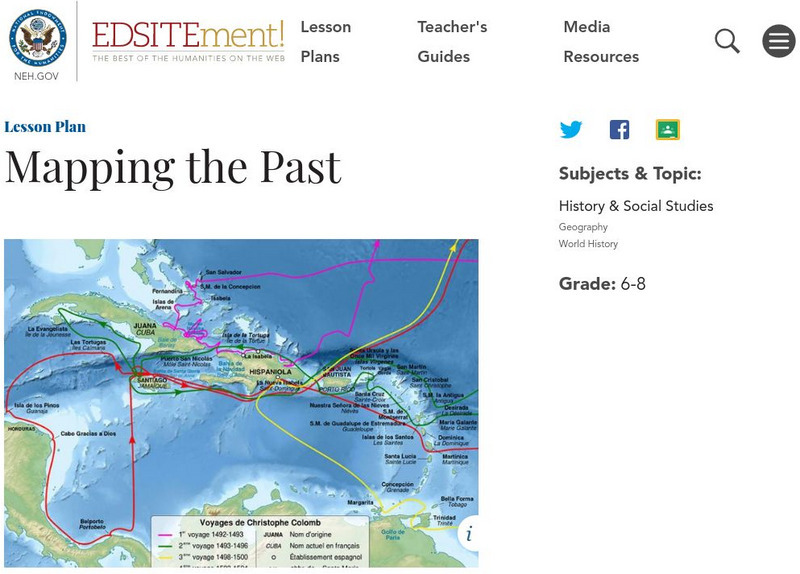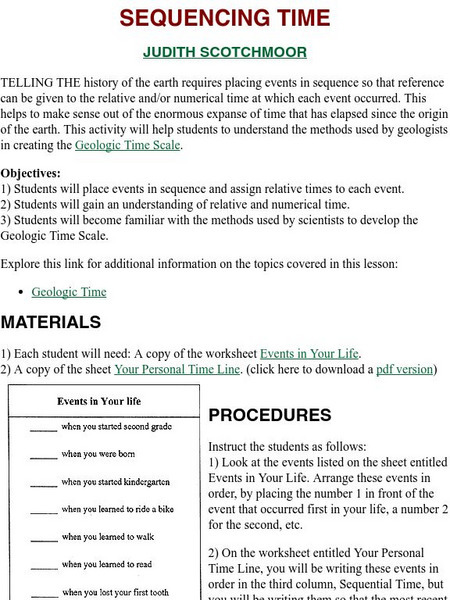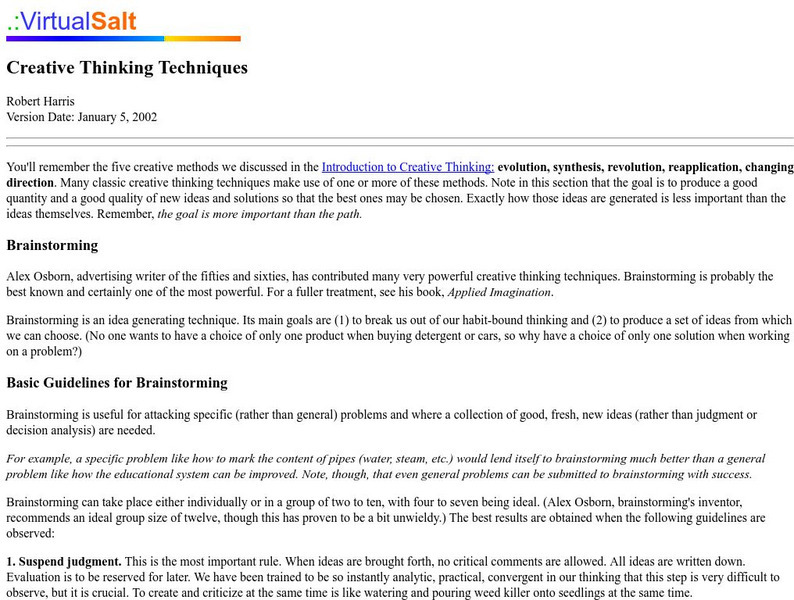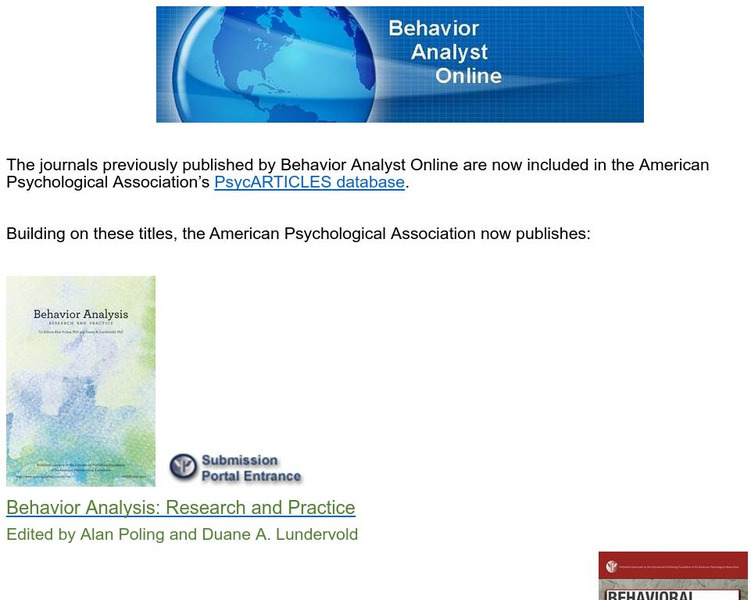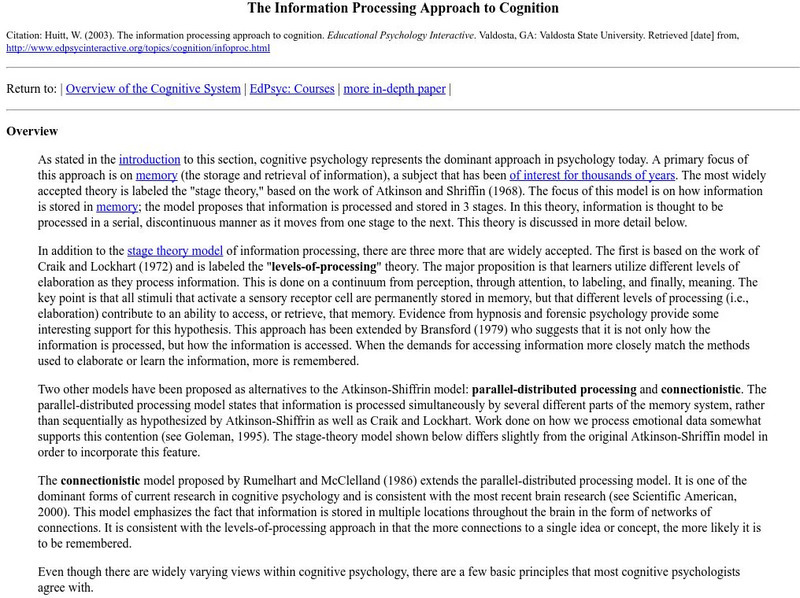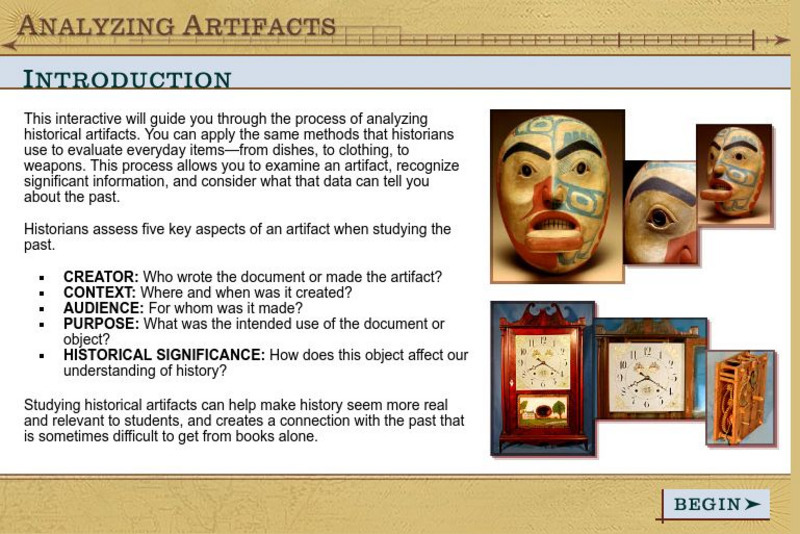American Psychological Association
How Psychology Benefits Society
How do people form their opinions about certain social issues? Scholars research current global issues to find out how psychology plays a role in swaying thoughts. Using blogs, writings, and presentations, they uncover why people think...
Beacon Learning Center
Growth of a Revolution-The Industrial Revolution
How did changes of the agricultural revolution in eighteenth century Great Britain influence the Industrial Revolution that followed? How were inventions and processes of the Industrial Revolution interrelated? This resource includes a...
Digital History
Jeffersonians in Office
If you're looking for a description of the major happenings of the presidencies of both Thomas Jefferson and James Madison, then this is the resource for you. Similar to a textbook reading, this worksheet offers a great deal of...
National Endowment for the Humanities
The Debate in the United States over the League of Nations: Five Camps: From Voices of Consent to Voices of Dissent
Students explore and discuss Woodrow Wilson's concepts for peace and the League of Nations. They understand efforts made to foster American support for the League and discuss the opposition shown in the Senate.
National Endowment for the Humanities
Lesson 3: Religion and the Fight for American Independence
Pupils explore the role religion played in the American Revolutionary War. Using primary documents and writing exercises, high schoolers understand how religion was used in support of the war efforts and how specific religious groups...
National Endowment for the Humanities
Lesson 2: The Debate in Congress on the Sedition Act
Pupils research and discuss the provisions in the Constitution that supported the arguments for and against the Sedition Act. They articulate objections to and arguments in favor of the Sedition Act.
George Mason University
George Mason University: Digital History: A Guide
A detailed guide on how to research and plan a historical project using the Internet and its vast resources. Some of the topics explored are: how to design a website copyright law, how to digitize materials and much more.
Library of Congress
Loc: Primary Sources by State
An interactive map to search for extensive collections of primary sources for each of the United States.
Library of Congress
Loc: For Teachers: Analyzing Primary Source Documents
These student worksheets and activities help students analyze many different types of primary source documents. Life histories, objects, and photographs are all used to engage students.
Library of Congress
Loc: How to Find a Novel,etc. Without Knowing Its Title or Author
Use this guide to help identify a literary work when they know only its plot or subject, or other textual information such as a character's name, a line of poetry, or a unique word or phrase. Trusted databases, library catalogs, and more...
Library of Congress
Loc: Collections, Guides and Bibliographies: Web Guides
This series of web guides serves as a collection of resources for research into a variety of areas including the performing arts, sports, government, law, art, American history, Women's history, African American history, literature and...
Library of Congress
Loc: Web Guides: Primary Documents in American History
An extensive collection of primary source documents of early development of the new United States. Resources include a wide variety of details about the Northwest Ordinance.
National Endowment for the Humanities
Neh: Edsit Ement: Mapping the Past
This lesson plan requires the students to examine past maps from various cultures in order to learn how the people from that time period interacted and understood their world.
Scholastic
Scholastic: News Writing With Scholastic Editors
An excellent site for learning about news writing. This site is an in-depth workshop that takes you through the news writing process step by step by providing examples and tips.
HyperHistory Online
Hyper History Online
HyperHistory Online houses a collection of timelines that graphically displays 3,000 years of world history. Uses charts, images, maps, and color-coded text to reinforce the relationships among important persons and significant events in...
PBS
Wnet: Thirteen: Concept to Classroom :Tapping Into Multiple Intelligences
This site contains a wealth of information on Gardner's theory of multiple inteligences. It discusses what it consists of, the difference between it and the traditional definition of intelligence, how it has developed since its...
University of California
Ucmp: Sequencing Time
Lesson plan in which young scholars place events in sequence, comparing their life to the history of the Earth.
Science Buddies
Science Buddies: Project Ideas: Delayed Gratification
In this human behavior science fair project, learn about delayed gratification. The Science Buddies project ideas are set up consistently beginning with an abstract, objective, and introduction, followed by a section on terms, concepts,...
Polk Brothers Foundation Center for Urban Education at DePaul University
De Paul University: Center for Urban Education: History Thinker: Analyze Then Summarize [Pdf]
This Center for Urban Education resource provides a downloadable worksheet. Learners will read about a historical event and answer scaffolded questions that will help them retell what happened, explain the causes and effects, and then...
Virtual Salt
Virtual Salt: Creative Thinking Techniques
Site provides information to help with generating ideas that would assist in group decision making. Detailed and thorough account.
Other
Behavior Analyst Online
A number of major professional behavior analysis journals can be accessed through this gateway. Recent issues as well as back issues are available and can be downloaded in PDF format. Several of the journals, e.g., Journal of Behavior...
Other
Educational Psychology Interactive:information Processing Approach to Cognition
Discusses the different models of information processing and the basic principles accepted in cognitive psychology. Outlines the different types of memory, and the principles of concept formation. Also provides a table listing examples...
Other
Teaching and Learning Resources: Learning Theories
Presents a table comparing three major learning theories - behaviorism, cognitivism, and constructivism. Lists major theorists for each, the role of the teacher, key ideas, how learning happens, the place of educational technology,...
Annenberg Foundation
Annenberg Learner: Analyzing Artifacts
Learn the steps in the 5-step process that historians use when they analyze an artifact as you investigate what you can learn from Native American and other items.







